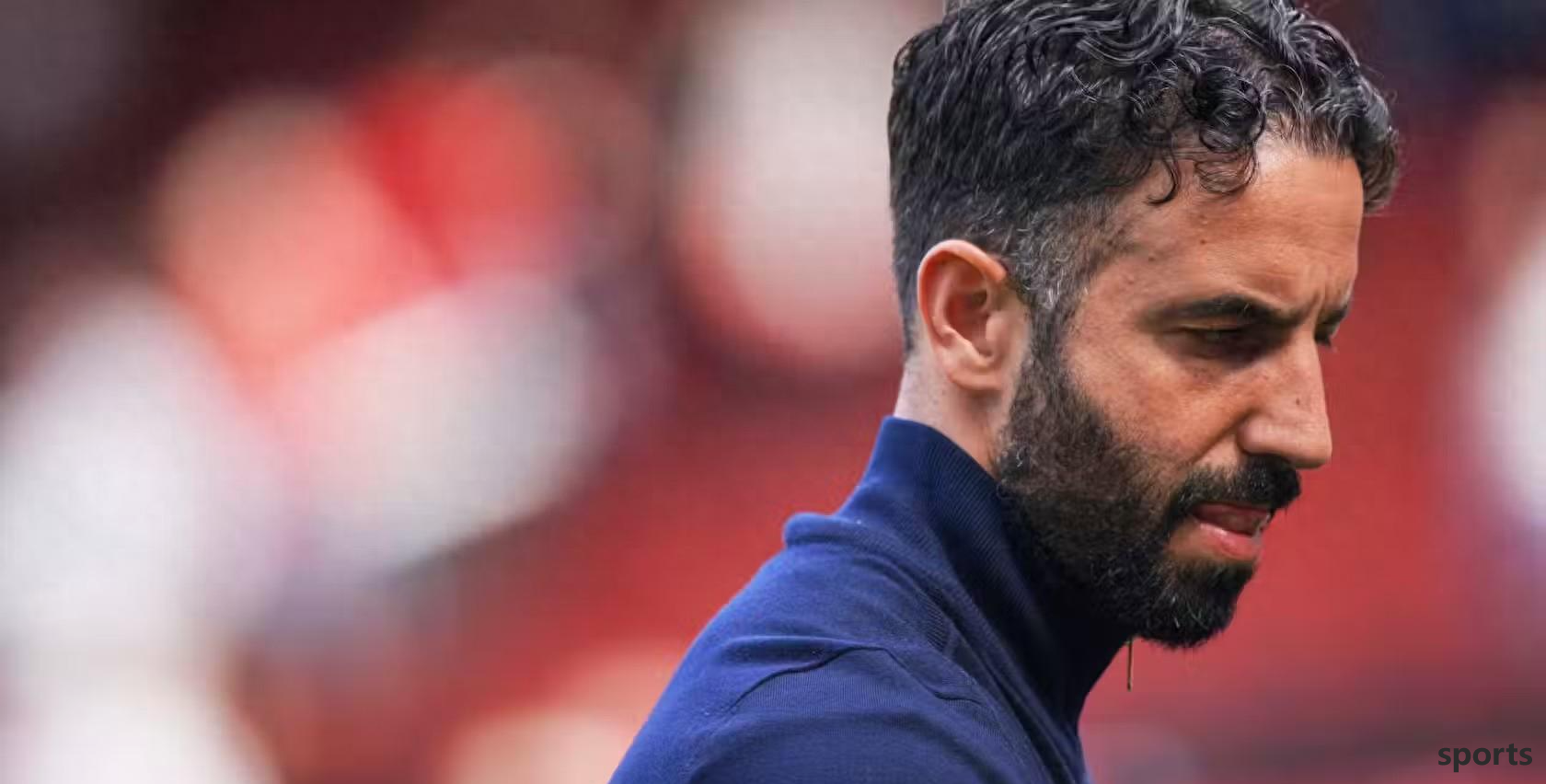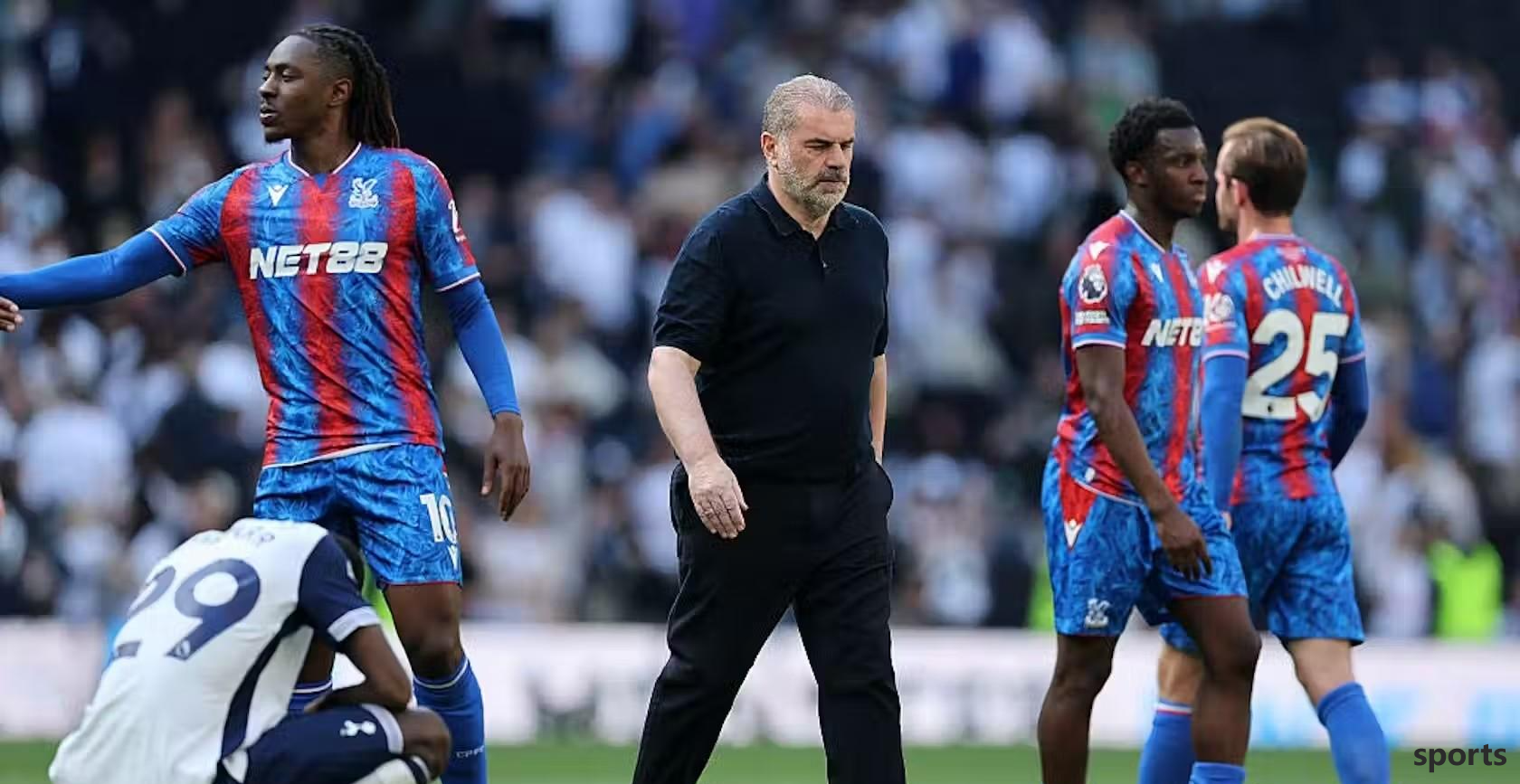The absurd status quo in the Premier League is causing everyone to go crazy
1:01am, 15 May 2025Football
"Football makes people crazy" said former FIFA president Blatter. When football loses its substantial meaning, this sentence seems particularly true. Welcome to the "post-point era" of the Premier League. The world here seems to be completely reversed, and you can't even speculate on its true situation based on the team's performance.
There is some similarity between this cognitive state and the post-truth era in the political realm (but the key difference must be emphasized: everything here is actually irrelevant). It is precisely because of the vacuum at the end of the season that the football circle is more dramatic than the sprint stage of the championship, even if the latter can at least bring a clear focus. The series of events last weekend can be regarded as a classic portrayal of the "post-point era": it seems to be on vacation but the smoke is filled with gunpowder, and it is full of absurdity everywhere.

The most eye-catching one is Manchester United and Tottenham. These two giants ranked fourth and ninth in the world in the Deloitte Wealth List are now ranked 16th and 17th in the Premier League, and are on the verge of relegation. Ironically, they may return to the Champions League by winning the UEFA Cup. Amorin and Postkogruben have the opportunity to create history, but are now anxiously discussing their future in public.

More dramatic is Nottingham Forest owner Marinakis. The shipping tycoon rushed into the stadium in a white T-shirt and publicly scolded the head coach who brought the team from No. 17 to No. 7. It is worth noting that due to the ownership of both Olympiacos and Rio Avi clubs, he has previously placed Forest in a "confidential trust" to comply with UEFA regulations. According to the UK Company Registration Office documents, Marinakis is no longer the club's "actual controller". But after the 2-2 draw with Leicester City, the boss obviously couldn't control his emotions.
The most regrettable thing is Liverpool's celebration variation. When some fans start booing Arnold, you can hardly believe this is the celebration of the Premier League’s new champion. The two-week carnival evolved into a "cultural war" full of rage. Even after a 2-2 draw, Arteta still chose to criticize the players when Arsenal's Jedi counterattack. Considering his previous remarks on similar occasions, this contrast is even more paradoxical. There are complex contexts behind these contradictions. Take Liverpool as an example, as Carragher said, the controversy is destined to be the headlines. The core contradiction is: no one can specify how fans should feel, but when Liverpool diehard fans start to blame each other, things become subtle. Some fans on the scene described the quarrel and division in the Anfield stands on Sunday, and even local listeners complained in tears on the radio show.
It should be clear that it is recommended that fans feel the essential difference from outside comments on public reactions. As the world's top wealthy family, such internal divisions are of great news value. The championship celebration that has been waiting for 35 years is ultimately inseparable from internal debates. To the outside world (it must be emphasized that this is an external perspective), it is puzzling to have such controversy caused by the championship celebration.
But we all know that if the championship suspense still exists, all this will not happen. This chaos is both a product of the end-of-season vacuum and a result of the operation of the football industry complex. When the field loses its substantial momentum, the off-field commercial machines never stop. The originally warm afterglow of the champion quickly dissipated under the scorching furnace of interests, and even Arnold's statement became a "marketing event". Looking back at the press conference, he used to cover his ears and sarcasm to slander rumors, but now the hustle and bustle finally swallowed him up.

This madness is sweeping the entire Premier League. The root of the absurd season between Tottenham and Manchester United is that the UEFA Cup can also bring business calculations to qualify for the Champions League under the new regulations. When the trophy itself is no longer attractive enough, these two top seven families in the salary list act as if they are not capable of fighting on both sides.
The author quoted an NFL executive's advice to the founder of the Premier League in "The Realm of Games": "If you think the existing problems are tricky enough, wait for the torrent of money to hit you." Now, the whole season can no longer unfold naturally, and the chaos in commercial machine manufacturing around you is far beyond expectations. Even the most rational business elites will inevitably lose their minds after entering the football world. Just look at some of the decisions made by Ratcliff and Levi. This contradiction is particularly obvious in the Arnold incident: Some people criticized Slot for sending the right-back to exacerbate the fans' conflict. This is equivalent to requiring professional coaches to hide core players in key battles, just to take care of the audience's emotions. Similarly, it is not realistic to ask fans to think from their perspectives about the players' situation. If this is true, the high salary and controversy of professional players will not exist at all.
This is the secret to the successful capitalization of the sports industry: "Commodification of Emotions", as sports lawyer and former Everton player Gareth Farrely said. Just like the paradox shown this weekend: the boundaries between good and bad are blurred, and madness and passion are intertwined. Fans’ irrationality is the original driving force of sports, but overcapitalization is eroding this purity. In this "post-point era", this contradiction has never been so clear as we try to interpret this absurd weekend.
Last:May 13, 2025 Football Analysis [Xiaoyu Exclusive]
Next:talkSPORT: Manchester United currently has no plans to reconsider Amorin s coaching position
Related Posts
- WTT battle report: Matsushima Huikong 3-2 Lee Sang-soo, Moregaard 3-0 Aruna, Chen Yi 3-1 Pavard
- 242 days of waiting is worth it! Militon scored 60 meters in the warm-up match, announcing his return to Real Madrid s main lineup
- Miami International Boss: Messi is unfairly punished, he is angry
- With both core players failing, does the Premier League still dare to buy players from the Bundesliga?
- Pinto: It is very difficult for us to leave Barcelona, everything has been affected
- Vieri: Keene s 52 million termination fee is very low. If I were a club executive, I would sign him immediately
- The most valuable jersey number in the Premier League: No. 7 beat No. 10; No. 4 squeezes into the top ten
- Arauho talks about this season: Long-term injuries have some impact on me, and my confidence will decline when I can t play.
- Dudek: Allison is one of the best goalkeepers in the world, and Mamada s second goal role is also very important
